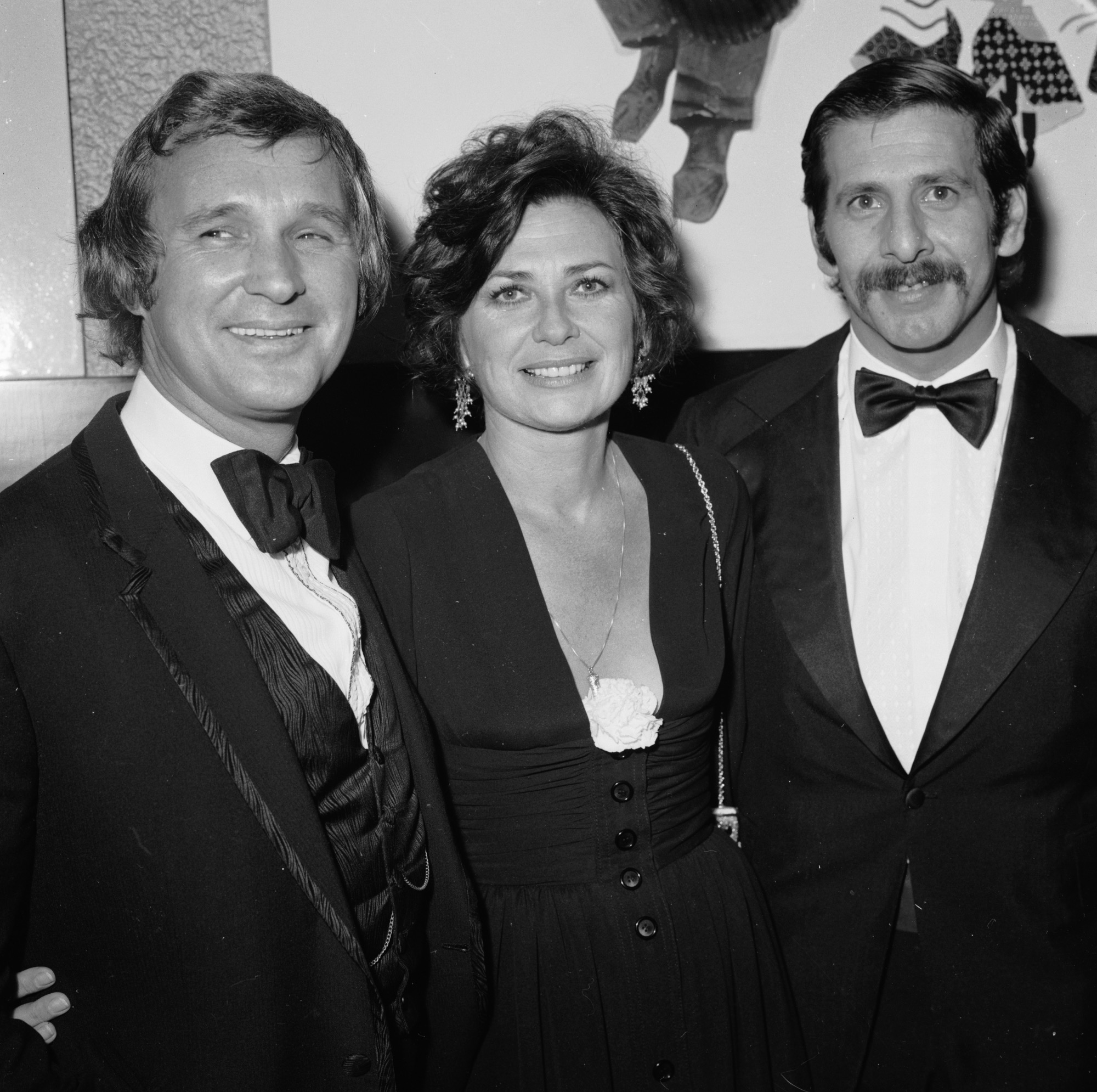
- Golden Globe Awards
1972: “Fiddler on the Roof” Leaves Its Mark

He had words with God. But just in case the good lord did not hear him, he consulted a matchmaker to find husbands for his five daughters. Such is, of course, the plot of Fiddler on the Roof, which won Best Film – Musical or Comedy at the 1972 Golden Globe Awards.
The original title of the play upon which the movie is partially based, “Anatevka,” refers to the name of a small Jewish village in pre-revolutionary Russia. There, poor milkman Tevye fantasizes about being a “rich man” and dreams of “Miracle of Miracles” in his quest to marry off his daughters. The play and subsequent musical adaptation are themselves based on a series of stories by humorist Sholem Aleichem, written in Yiddish between 1894 and 1914, about Jewish village life in the so-called Pale of Settlement of Imperial Russia. Interestingly, the fictional shtetl of Anatevka is modeled on the town of Boyarka, near the author’s birthplace in central Ukraine. The backstory focuses on the plight of Jews and the prejudice against them.
Director Norman Jewison’s film version was not shot on Russian or Ukrainian territory: Lekenik, a small village near Zagreb, served as the film’s set. Chaim Topol got the lead part of Tevye, Norma Crane was his wife Golde, Rosalind Harris played oldest daughter Tzeitel, and Paul Michael Glaser played Perchik. Molly Picon famously portrayed Yente, which also happens to be the Yiddish term for matchmaker, not just a first name. The iconic violin solo in the film was performed by renowned violinist Isaac Stern.
Nominated for eight Oscars, the movie won only three (none of them in major categories), unlike the Globes — where it was awarded Best Film – Musical or Comedy, and Topol received the Best Actor – Musical or Comedy statuette.
Half a century after its premiere, the songs are still known all over the world, and the stage version has seen revival after revival. Lyricist Sheldon Harnick called the original short stories “riveting. Some of them were tragic, and yet there was a great deal of humor in them. And by the time you get to the end of the story, you might be crying, but you were laughing along the way.” Harnick took the most famous song lyrics, to “If I Were a Rich Man,” right off the page: “I took them out of the story and set them to music,” he said.
Topol, now 87, was at the time of his win Israel’s most famous actor. He originated the role onstage and once said he performed it “about 3,500 times, and I am still getting requests to reprise it.” At the time he received the offer for the film, via telegram, he was playing the role in Tel Aviv. He sent his answer back, quoting Joseph Stein’s first line in the musical: “Fiddler on the Roof? Sounds crazy, but I’ll try.”
The life-affirming story and themes of faith and family are the reasons Fiddler on the Roof has never aged.

